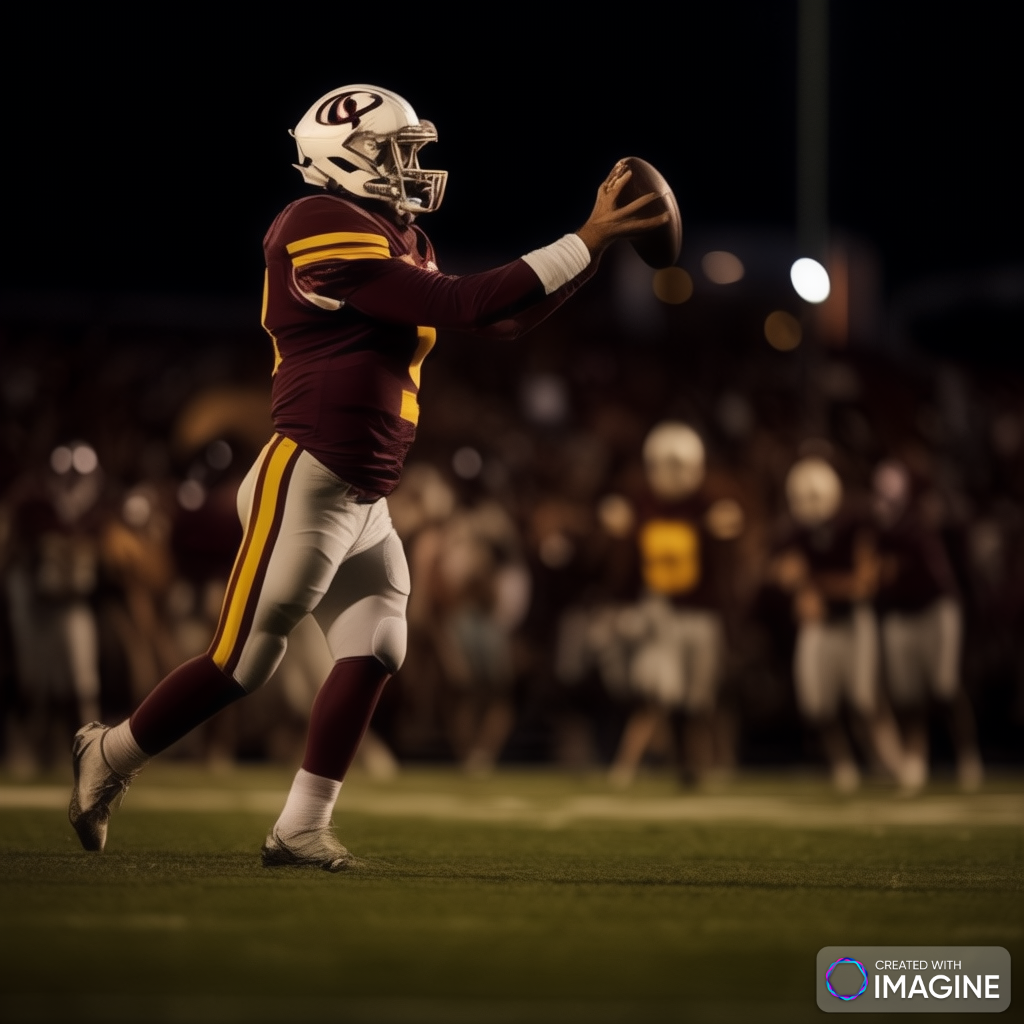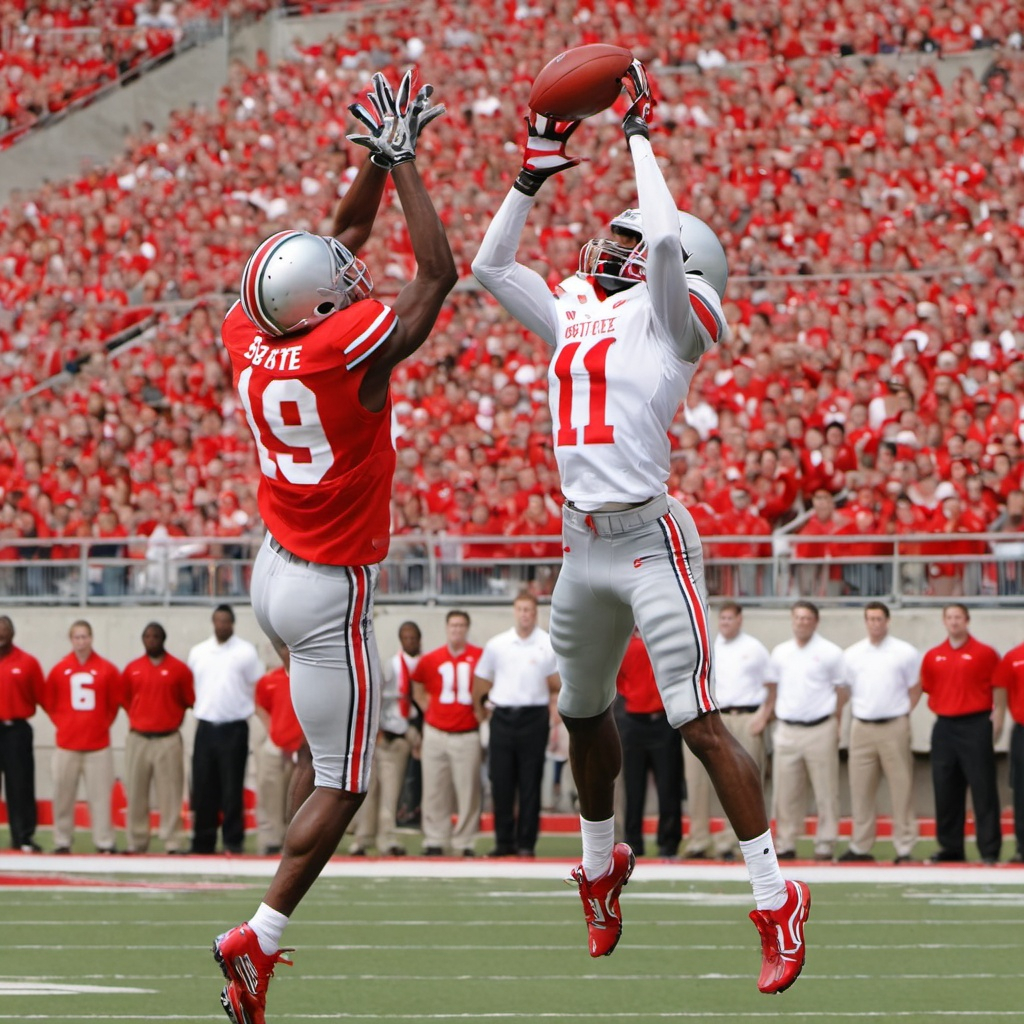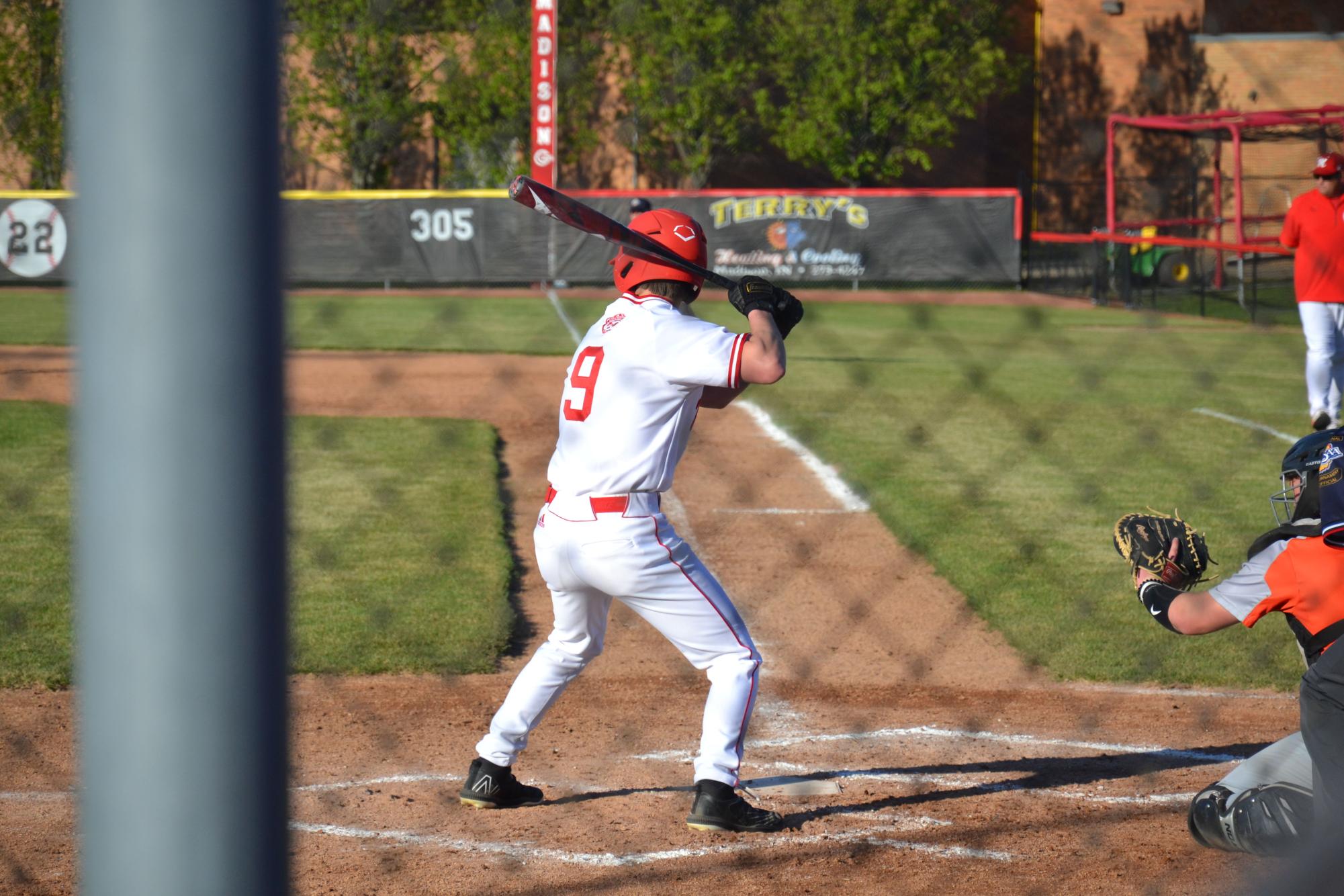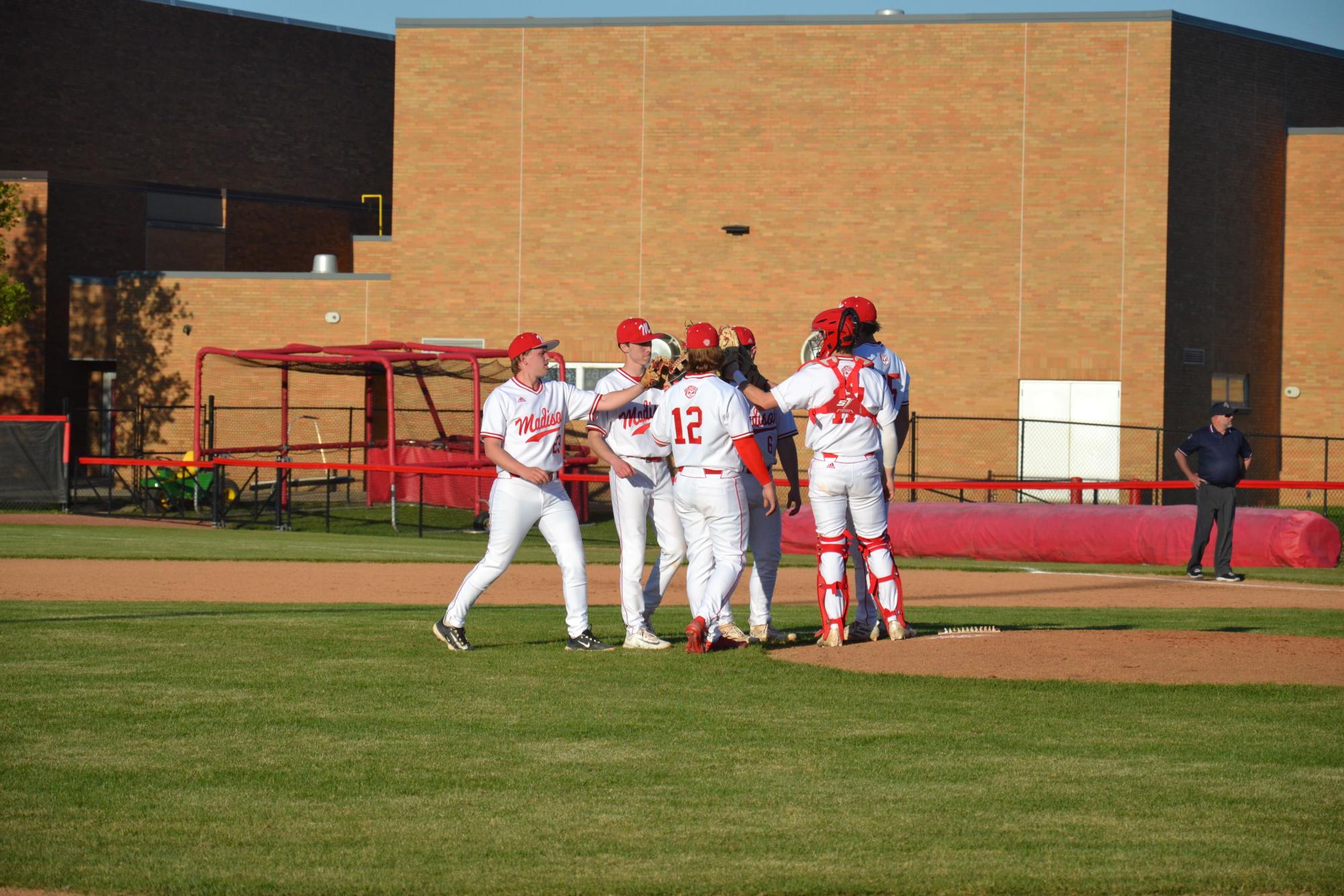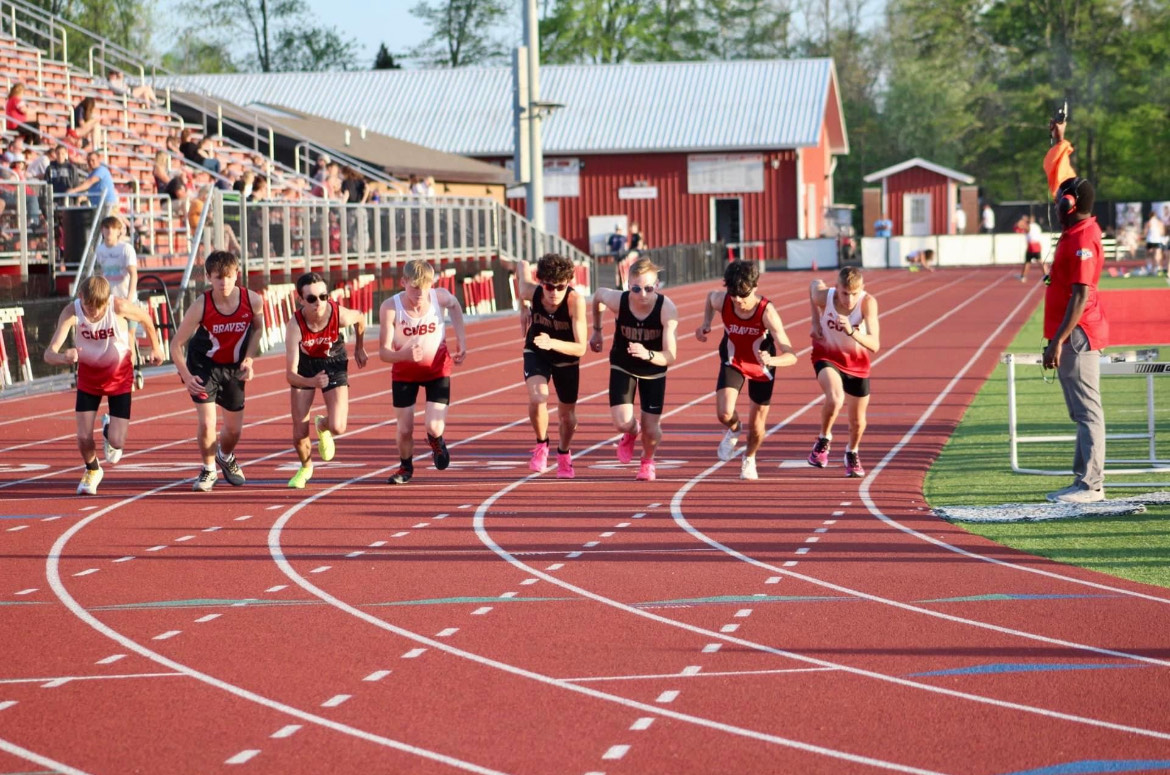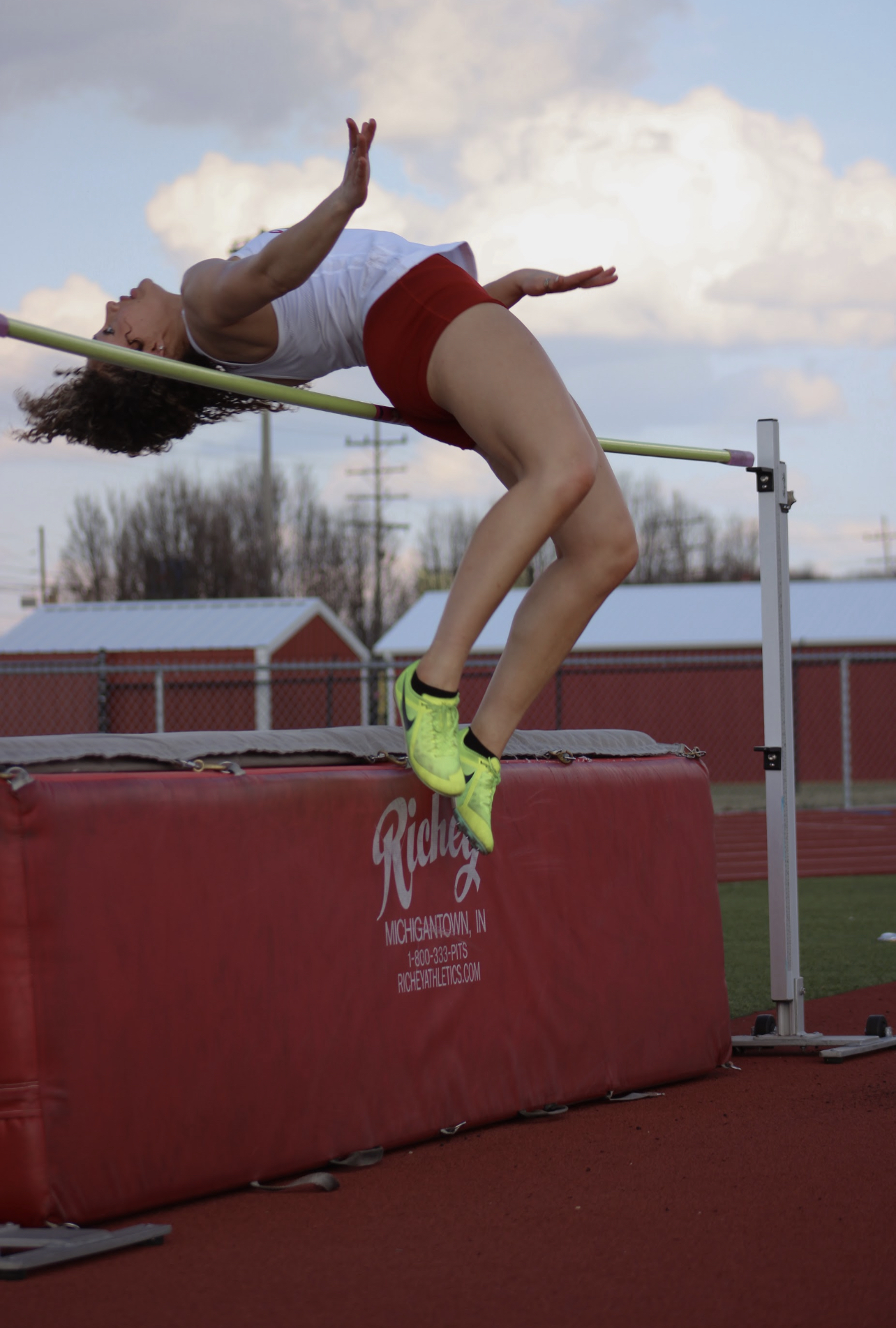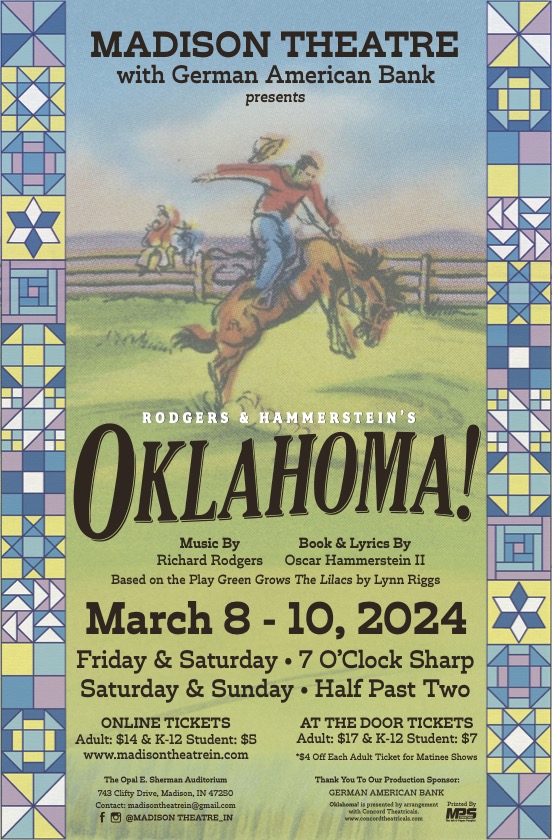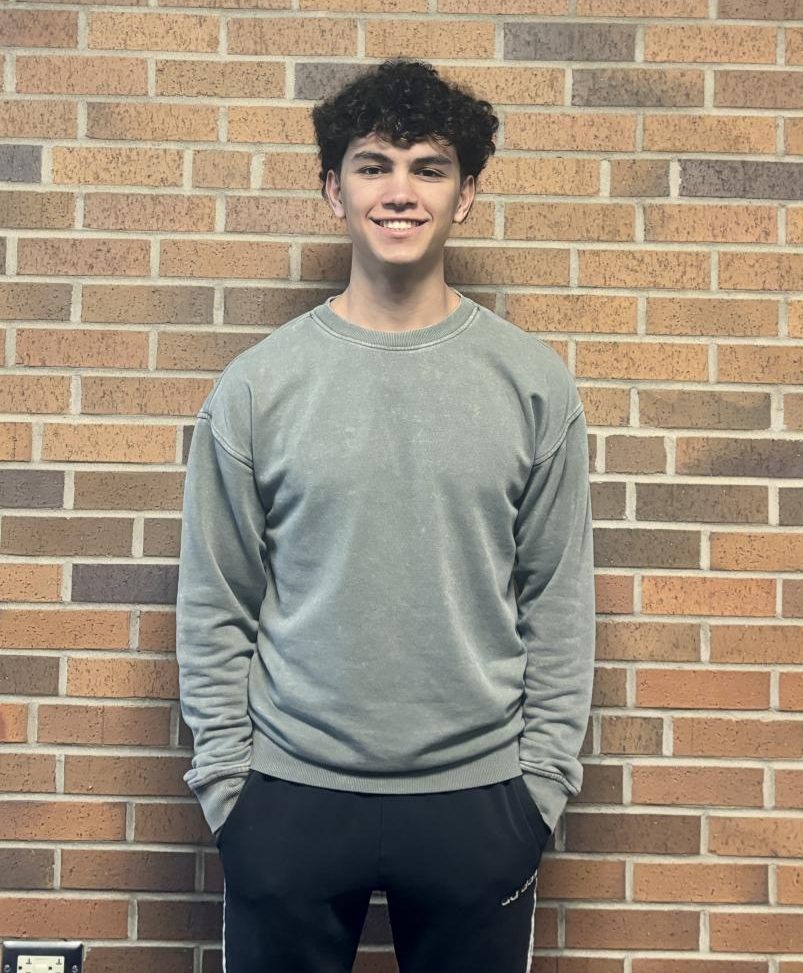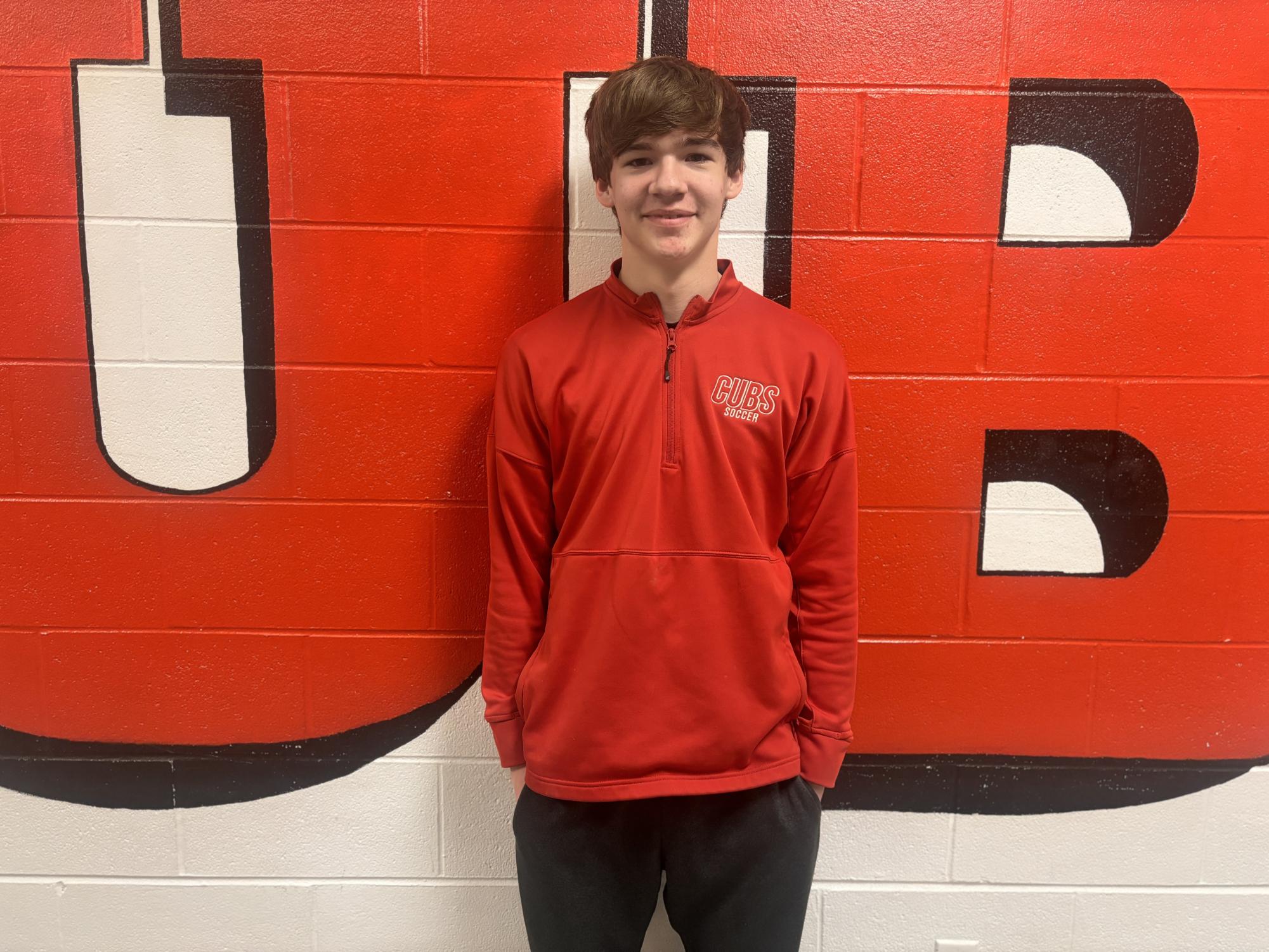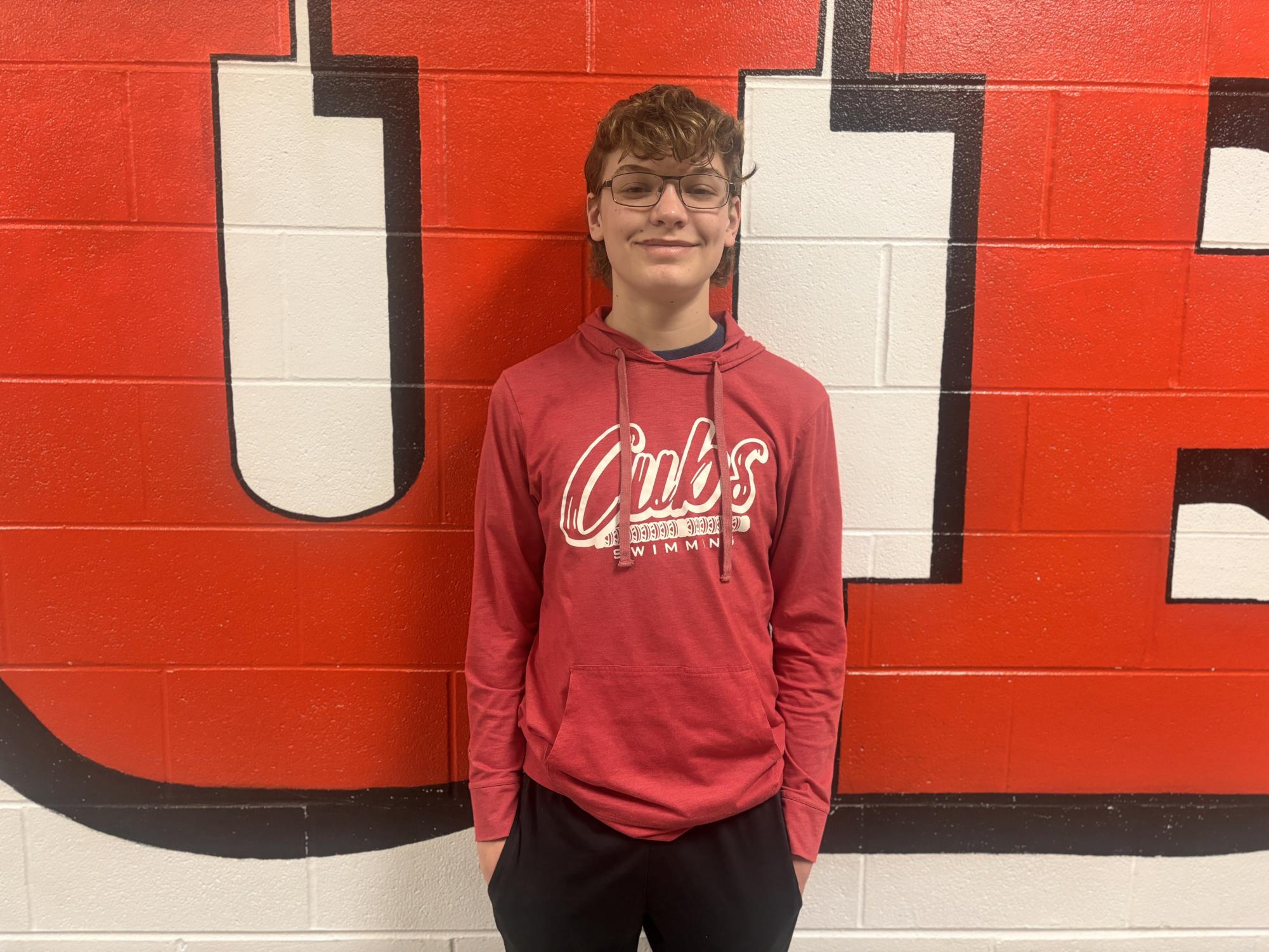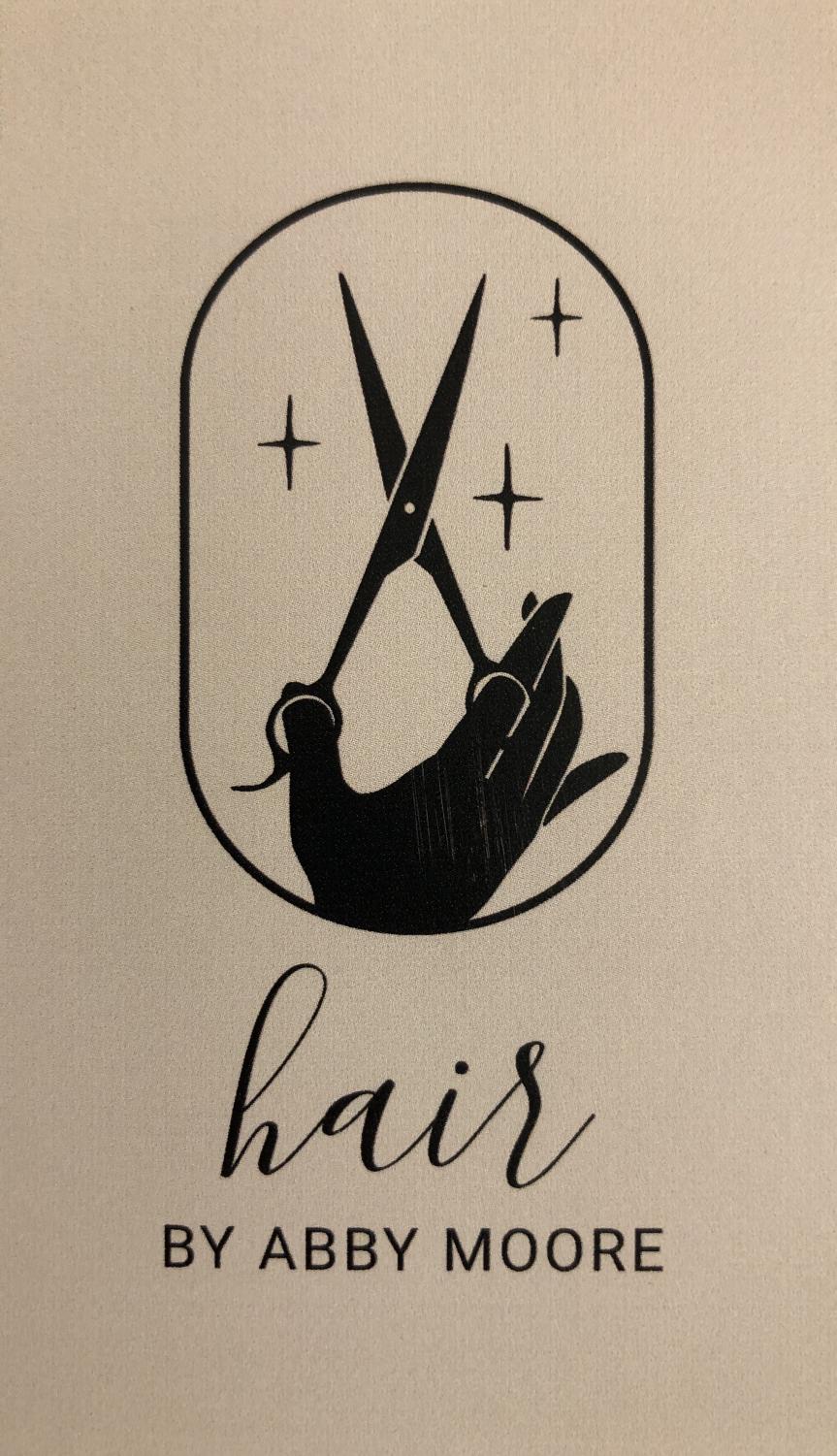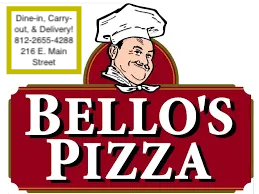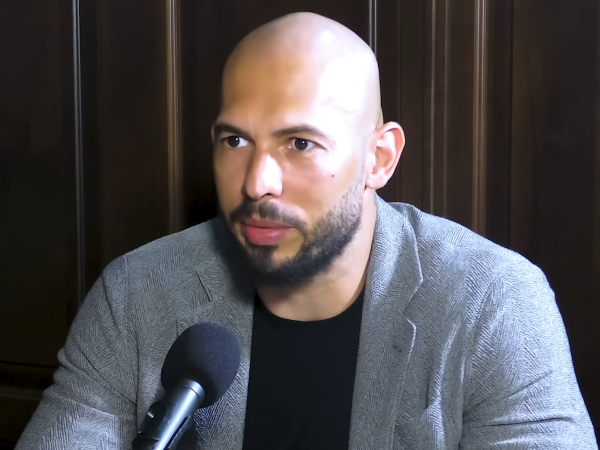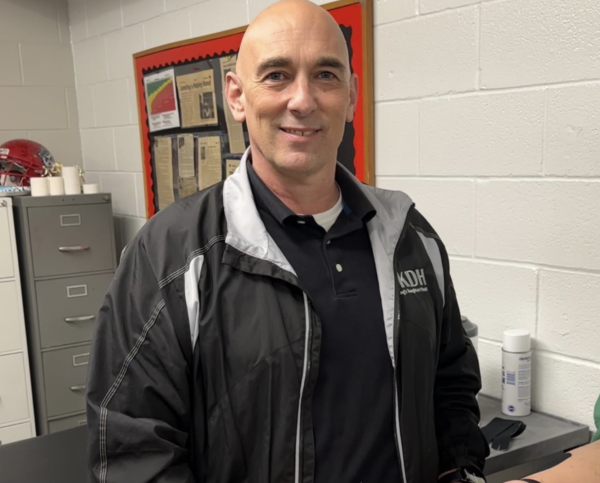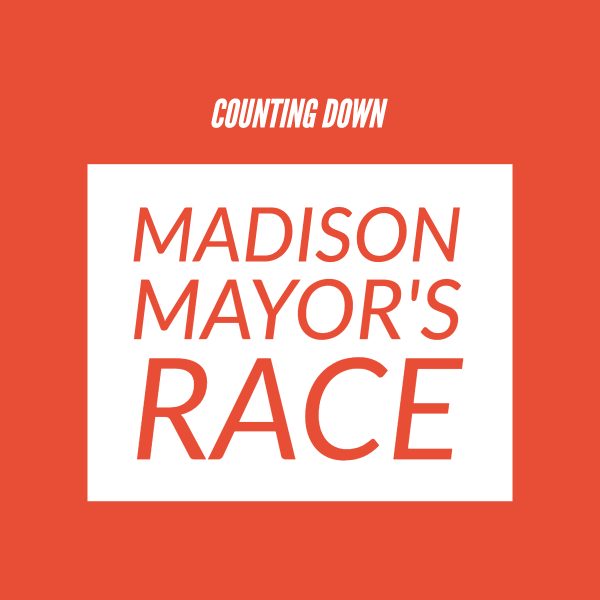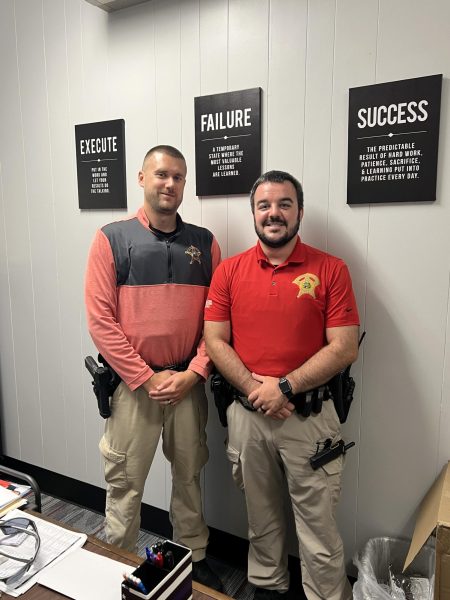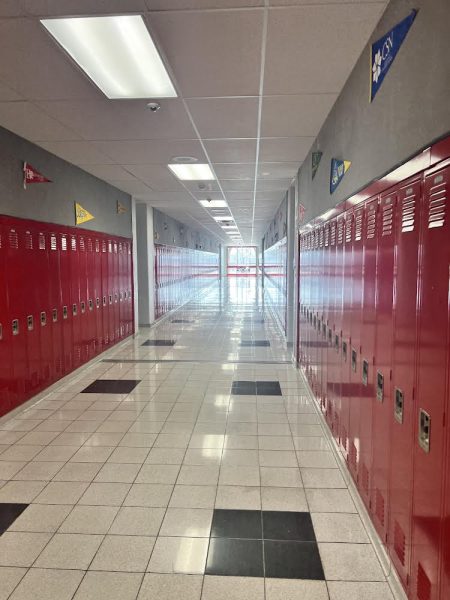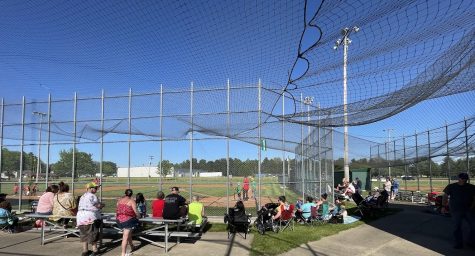Being Ethnic
Three Students ShareTheir MCHS Experience
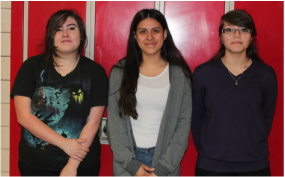
Three Students ShareTheir MCHS Experience
August 22, 2016
“When Mexico sends its people, they’re not sending the best. They’re sending people that have lots of problems and they’re bringing those problems. They’re bringing drugs. They’re bringing crime. They’re rapists and some, I assume, are good people, but I speak to border guards and they’re telling us what we’re getting.” — Presidential candidate Donald Trump, referring to Mexicans during a speech announcing his presidential candidacy in June 2015
Today, this is a minority’s reality and in a small town it is not uncommon to come in contact with people who have some sort of distaste for your culture unless it appears in the form of food. Cesilia Becerra is a senior that moved to Madison in her sophomore year all the way from Milwaukee, Wisconsin. “Madison is literally the opposite of Milwaukee; in Milwaukee there are Hispanics, African Americans, Muslims, and Asians everywhere!”
It’s no surprise that we lack diversity here for our small population. With that, comes the lack of experience from people who never socialize with minorities. “Over there I never experienced any kind of hate. Here I have noticed people discriminate us (Mexicans), especially those that don’t speak fluent English like my parents. They’ve had several incidents where people were rude to them.”
Becerra is unique from many teens because she is bilingual and can speak both English and Spanish fluently. “I remember when I moved here. I had to take an ESL (English as a Second Language) test and classes because I’m bilingual. Never in my entire life did I have to take ESL until I moved here.” An ESL program is an English language study program for nonnative speakers. “I learned English like everyone else except I also learned Spanish at the same time.”
Although Becerra protested because she is a native English speaker who also speaks Spanish, she was forced to go through with the classes. “One time a girl was telling me I wasn’t really Mexican or like other Mexicans because I was born here and speak English (to) like to try to make me feel better or something. I was born in Wisconsin! Surprise! And even though I was born here I’m still a very proud Mexican.”
Evangelina Delgado is a freshmen at Madison and, similarly to Becerra, is bilingual, “My mom, she speaks Spanish, and my dad, he speaks both languages. Speaking both languages, I kind of get mixed up.” Delgado was actually born in Mexico and moved to the states when she was only two years old.
“In school, no one knew I was actually Mexican until I said something. Once I reached junior high there was more racism. When they start talking about someone’s race you kind of get offended even if they’re not talking to you personally. You know? Because Mexico is where I came from, I’m going to be glad to be Mexican. I have to stick up for my people.”
Delgado by appearance does not fit the ‘Mexican stereotype’ when there is, in fact, many diverse aspects to Mexican culture: Mestizo Mexicans, European Mexicans, Indigenous Mexicans, Arab Mexicans, Afro-Mexicans, Asian Mexicans, not to mention the more traditionally thought of races. There are many sections and sub-sections. “I’m not saying that all Mexicans are perfect just like all Americans aren’t perfect. We’re all human beings. Most of us are here to get education, to give opportunity to their children, and (to) move on to a better life,” said Delgado.
Gabby Wilson is a junior who is part Mexican and doesn’t feel she is affected. Wilson’s grandmother is completely Mexican and most of Wilson’s education of the Latino culture comes from her house. Wilson is considered ‘white passing,’ a term used in minority communities that means a person of color looks and can be easily mistaken for being Caucasian. Wilson differs from Delgado, however, rather than seeming Caucasian, she is more racially ambiguous.
“For me, personally, I’m not hardcore affected by it all because I don’t meet the standards of most Hispanic stereotypes, so people look over me. But living in this small town you can sure feel hatred from some people.”
